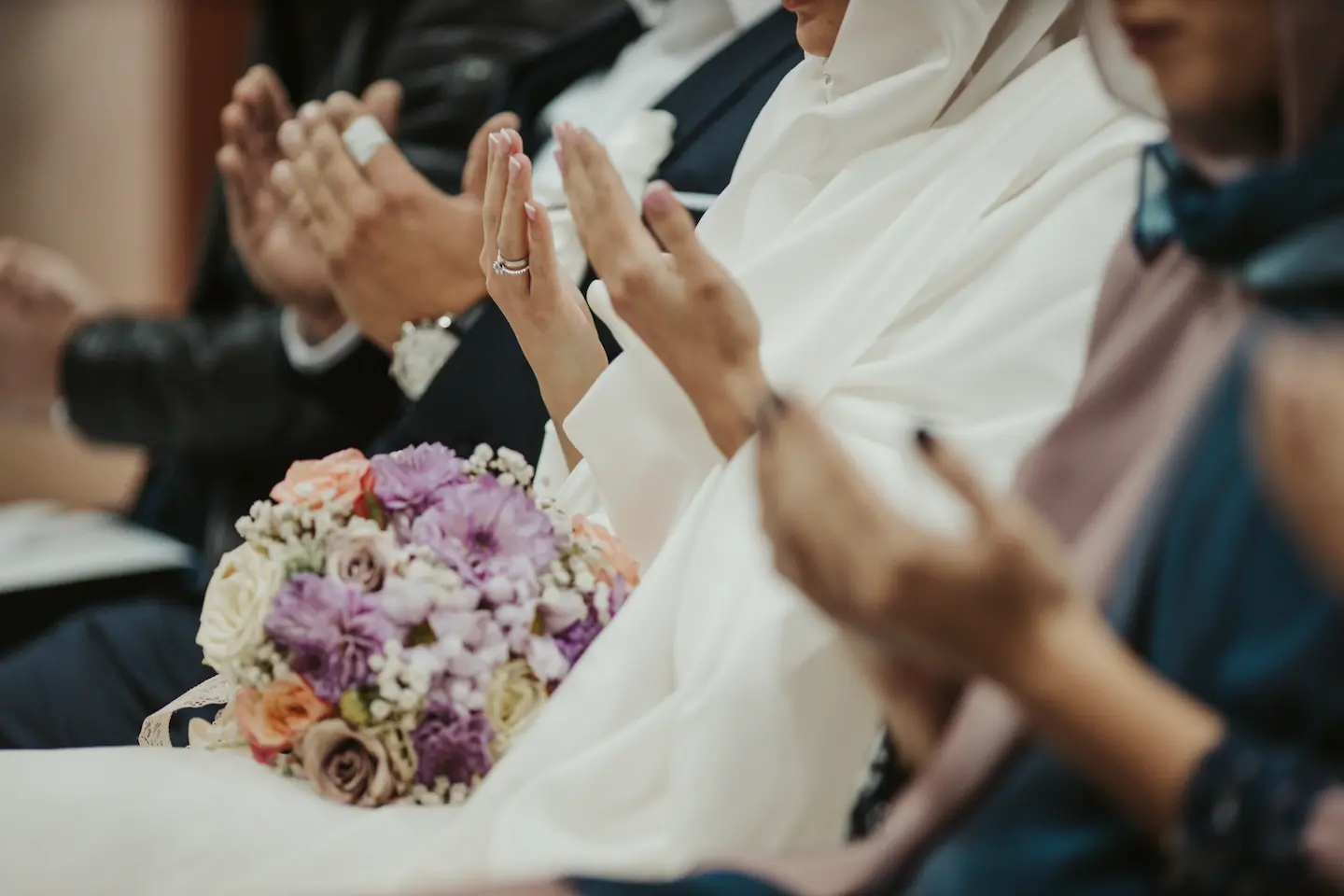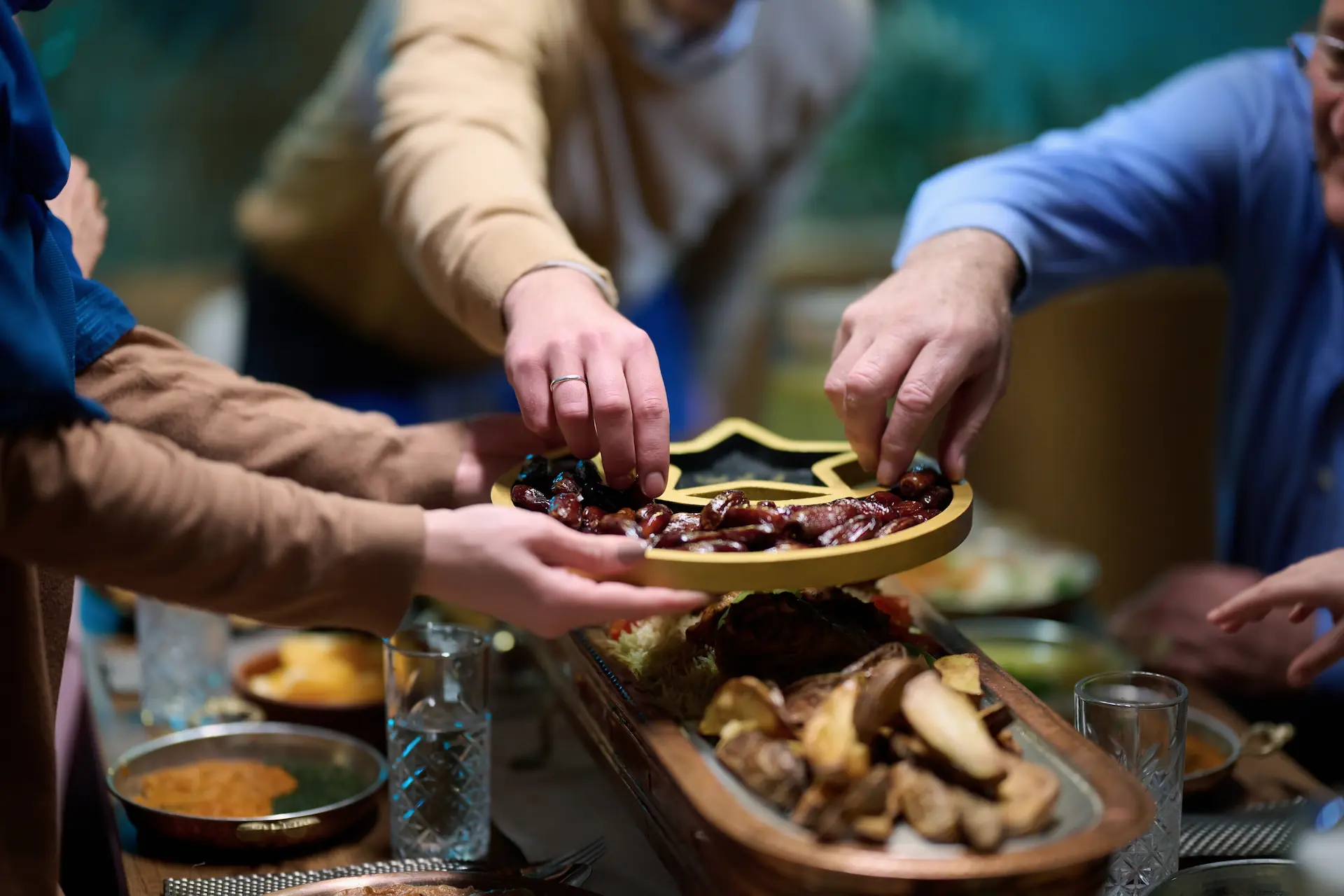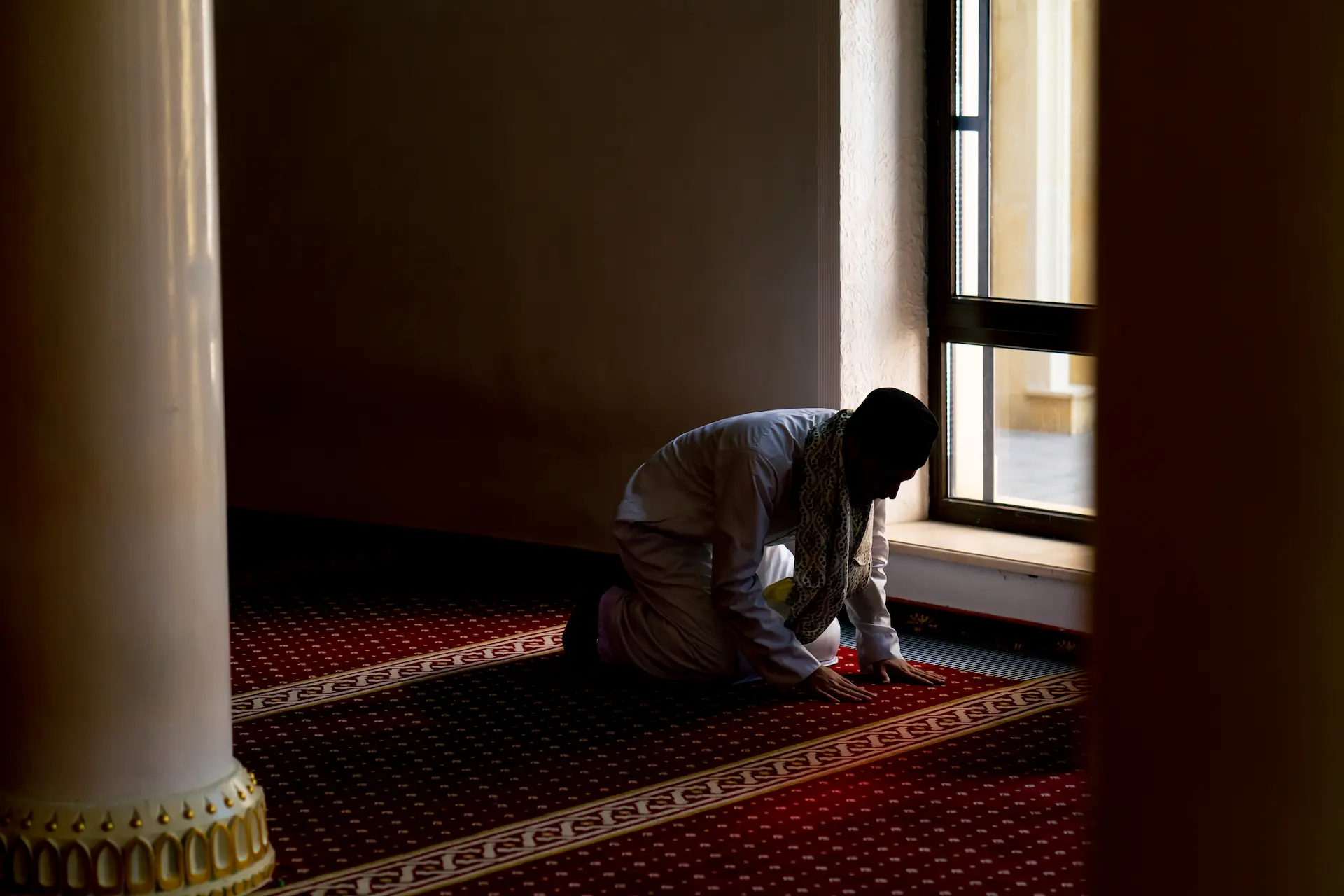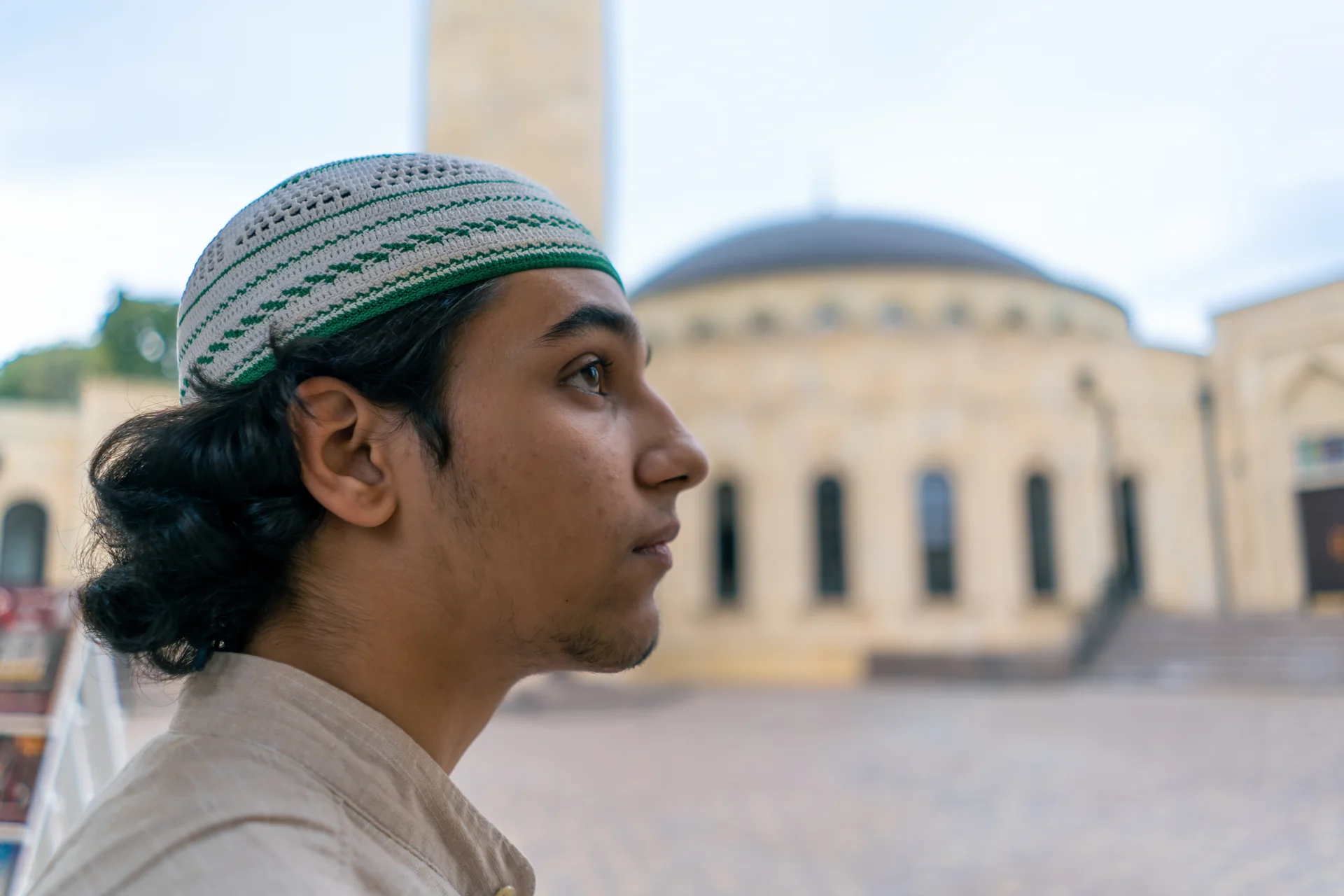Every religion has its rites and rituals, especially regarding essential ceremonies. Islam, in particular, is more than a religion. It is a way of life. Muslims incorporate Islamic practices and traditions in every aspect of life. From the way prayer is performed to the way water is consumed, Muslims follow the instructions of the Holy Quran and the Sunnah of the Holy Prophet Muhammad (ﷺ).
Similar to the marriage ceremony, it is grounded in Islamic tradition. The Holy Prophet (ﷺ) himself was married multiple times, which is why we have authentic and complete details of a marriage ceremony in Islam. However, before we discuss how Nikkah is performed, it is necessary to understand the significance of marriage in Islam.
Significance of the Institution of Marriage in Islam
The institution of marriage is of great significance in Islam. Marital ties form the basis of family, society’s core of social life. Muslims who are of age and can afford to get married are encouraged to do so as quickly as possible. It may not be an obligatory act of worship, like salat or zakat, yet marriage is a Sunnah of the Holy Prophet (ﷺ) that is very highly regarded.
Marriage has a lot of beneficial effects on an individual and the community as a whole. Getting married prevents individuals from indulging in sinful activities. Marriage allows couples to engage in intimate relations that are permissible. The need for intimate relations is natural to humans, and marriage provides a legal and permissible means.
Shunning worldly life and physical needs is prohibited in Islam. Allah (سُبْحَانَهُ وَتَعَالَى) does not want us to live a monastic life. Muslims are commanded to strike a balance between our duties towards Allah (سُبْحَانَهُ وَتَعَالَى) and addressing worldly affairs. Allah (سُبْحَانَهُ وَتَعَالَى) says in the Holy Quran:
“And of His Signs is that He created mates for you from your kind that you may find peace in them and He has set between you love and mercy. Surely there are Signs in this for those who reflect.” [30:21]
Marriage is such a beautiful bond that Allah (سُبْحَانَهُ وَتَعَالَى) multiplies the blessing of prayers for those who are married. The reward of any prayer a married person performs is increased manifold compared to an unmarried person.
It is also the foundation of a strong and well-functioning society. Children growing up in stable and loving households hold the key to a thriving society. Such individuals are more likely to become successful and add positively to the growth and development of a community.
Finally, marriage is the Sunnah of our beloved Holy Prophet Muhammad (ﷺ). The Holy Prophet (ﷺ) had many wives and treated each one of his wives with fairness and love.
Steps Involved in the Nikkah Process
Nikkah is the official marriage contract in Islam. Before the advent of Islam, women in Arabia were considered inferior citizens of the society. Women were treated as property owned by their fathers or husbands. They had no right to property or decision-making, even regarding their lives.
Islam gave women ownership over their affairs. This is true for the institution of marriage, as Nikkah gives women rights and powers that they had previously been denied. The Nikkah process involves the following steps:
1. Make Sure the Nikkah can be Officiated
It must be established whether a marriage between the two individuals involved can occur. Couples must fulfill the perquisites necessary to make the Nikkah legal and valid. Both parties involved should be Muslims, though Muslim men are allowed to marry women from among the People of the Book.
It must also be ascertained that both parties are of age and are consenting. Coercion cannot form the basis of marital bonds. Hazrat Ibn Abbas (رَضِيَ ٱللَّٰهُ عَنْهُ) reports that the Holy Prophet (ﷺ) said:
“A woman without a husband has more right to her person than her guardian and a virgin’s permission must be asked, her permission being silence. These are the words of Al Qa’nabi” [Sunan Abu Dawud 2098]
Women have as much say in consenting to the marriage as men. Islam prohibits the treatment of women as a piece of property. Nowhere is this, then, in the case of orphan girls who are free to consent to marriage as they wish. Helping an orphan girl get married through financial and social support is an act of sadaqah.
Another essential matter is certain relations forbidding Nikkah between men and women. Some blood relations are prohibited from getting married, like marrying one’s maternal or paternal aunt’s husband or a man marrying two sisters. Individuals related to milk also are not allowed to get married.
Finally, it should ensure that if the bride is a widow or a divorcee, her iddat or waiting period has been completed. The Nikkah process can proceed once the due diligence is done and the bride and groom are cleared to get married.
2. Blessings of the Family
Marriage is a joyous occasion, one that marks the union of not only two individuals but two families as well. It is necessary to get the blessings of the family and announce the Nikkah. This is so loved ones can be made aware of the union and shower the couple with blessings. There are many beautiful duas for the newlyweds that you can learn from the Muslim and Quran websites.
3. Representatives of the Bride and the Groom
The bride and groom need to be represented during the Nikkah ceremony. The bride needs a guardian, usually a Mehram, who is closest in kin to the bride, like the father. Grooms do not need a guardian for representation.
To make the Nikkah valid, two male adults must also be present. Two adult females and one male adult must be present if two male adults are unavailable. The Nikkah cannot take place without witnesses.
4. Drawing the Marriage Contract
A legal document, which is certifiable, is drawn up. This document features all the essential details like the name and other identifying features of the bride and the groom. The document also includes the name and identification of the bride’s guardian and the witnesses.
The contract includes additional information, like the amount of the haq meher that must be paid to the bride. Haq meher is not a sadqah, and it is not even a gift. As the name suggests, haq meher is an amount that is the bride’s right. The groom must pay the amount of the haq meher as soon as possible. The bride may waive the condition of receiving haq meher.
Once the document is reviewed and proofread, it is time to get approval and the signatures of the bride, the groom, and the witnesses.
5. Consent and Other Formalities
The imam officiating the Nikkah reads the Nikkah document first to the bride and asks for her consent three times, after which the process is repeated with the groom. The Nikkah document is signed to complete all the formalities of a legal Nikkah.
Getting Married
Marriage in Islam is a simple affair. Getting married is not just encouraged but also made extremely easy. It is not required to hold a lavish banquet or invite hundreds of guests. The Nikkah process requires only a handful of people.
Additionally, the reception feast arranged by the groom is Sunnah and is highly recommended. Even if the feast is on a limited scale, depending on how much the groom can afford, it is essential to invite a few close relatives and friends to celebrate the occasion and announce the Nikkah. It is customary to celebrate the beautiful occasion of marriage by offering food and drink to close family and friends.
Marriage is a sacred covenant between two individuals. A good and loving marriage is the basis of the perfect family. Such families make a community strong and result in the development of a nation. Our religion has the foresight to realize just how important the institution of marriage is, and we must all recognize this importance as well.
As-Salaam’s Nikkah Service
As-Salaam Foundation offers this service to those who wish to get a poor couple married, from as little as £150 we can initiate the process in countries including Pakistan and Bangladesh. Contact us for further information.




